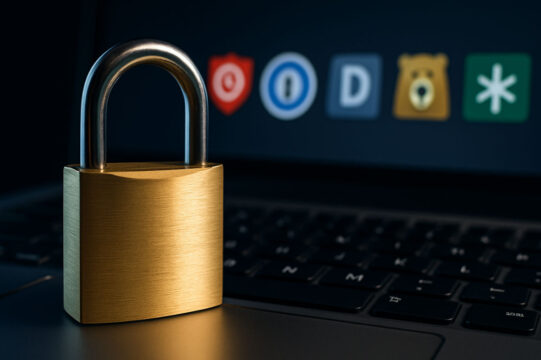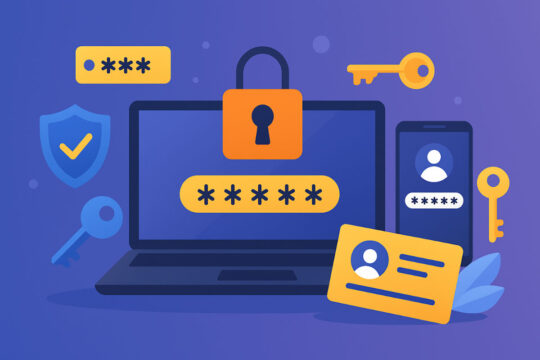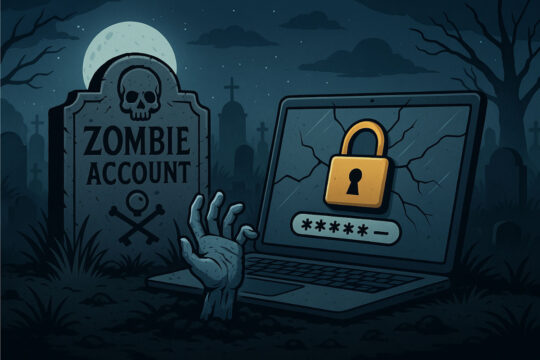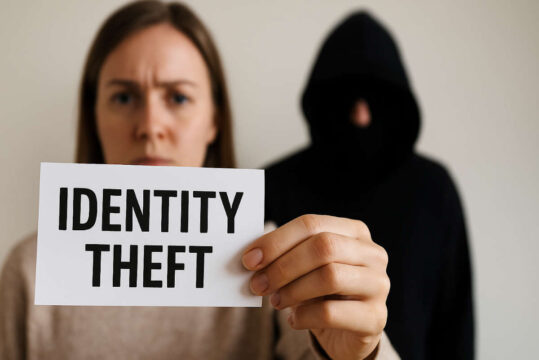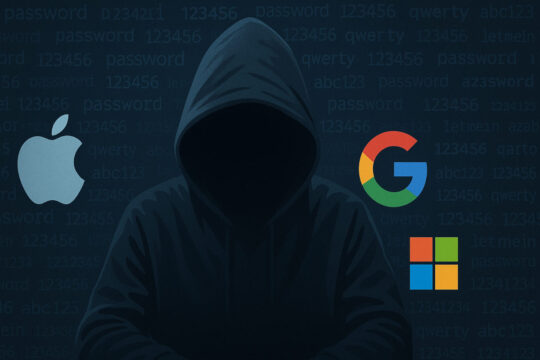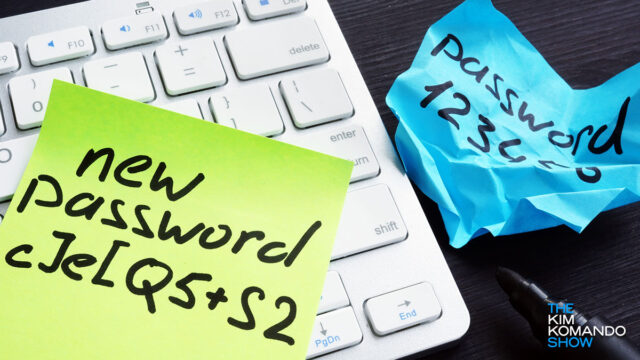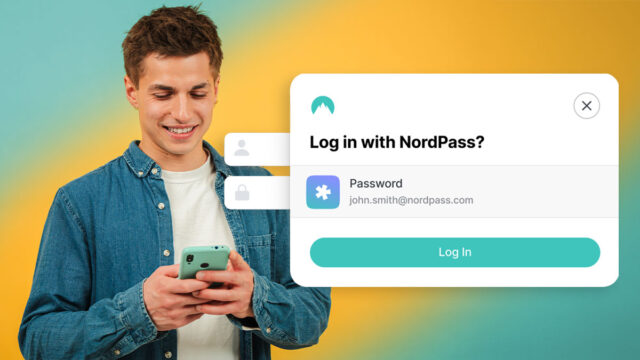Your password is too short. Let’s fix that
I hate passwords. They are a total pain in the butt. Now don’t kill the messenger… Hackers have amped up their game and are using powerful AI software that can rip through millions of password combinations in seconds. Brace yourself, your password really needs to be at least 20 characters, and there should be a […]


